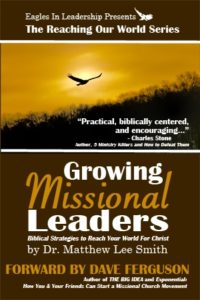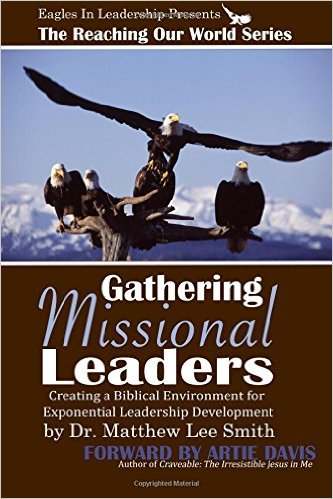
Never retreat in the face of difficulties. Advance as conditions permit. If conditions don’t permit, create those conditions.
– John Maxwell[1]
Let no one or anything stand between you and the difficult task; let nothing deny you this rich chance to gain strength by adversity, confidence by mastery, success by deserving it. Do it better each time. Do it better than anyone else can do it. I know this sounds old-fashioned. It is, but it has built the world.
– Harlow H. Curtice,
The Thin Book 2[2]
In every journey there are obstacles. It is not a question of whether there will be obstacles in our journey through the Bible. The real question you will have to answer will be, “Is the reason I picked up the Bible more important than the few problems I may encounter along the trip?” Is your why compelling?
Melodee and I knew that we would have some difficulties on our trip to Hawaii, but our goal of finding a romantic setting to celebrate our 20th wedding anniversary was more compelling than the problems we might have encountered.
By knowing these difficulties, and making plans in advance to avoid them, or at least coexist with them, we will save ourselves much heartburn and frustration. Let’s roll up our sleeves, get out our pens, and begin to understand the difficulties so that we can plan around them!
The Difficulty of Current Information
One of the important issues when traveling, is how current our travel guide or brochures are. Many people today struggle in their journey through the Bible because the Bible they are trying to read is old, and outdated in its language. Most people picking up a Bible for the first time will pick up a King James Version of the Bible.
First written in 1611 A.D., one can quickly see why this version is outdated. Although it has been revised several times, the language is still Old English. Filled with thee’s and thou’s, this Bible makes it very difficult to understand the message God is trying to communicate to us.
Versions
Although we will deal with this in more detail in chapter 17, let me say at this point, that you should read that chapter before you begin reading the Bible seriously. A version is a translation into English from the original languages of the Bible. This is a pain-stakingly-slow process, and it is a precise science. There are several laws of translation that must be adhered to carefully before an accurate translation can be printed.
There are many good English versions today. Among the best are:
- The New King James Version (NKJV) of the Bible.
- The New International Version (NIV) of the Bible.
- The English Standard Version (ESV) of the Bible
Paraphrases
Travel agents will often tell you what information or services you can depend on in a foreign land. They may also tell you who to avoid, because they are not as dependable. As we read our travel guide to Hawaii, Melodee and I noticed many times the guide recommended that we avoid certain restaurants, services, and tours. The reason for this was dependability and reputation. Other services, restaurants and tours were recommended. Again the issue was dependability and reputation.
Some of the Bibles available are called “paraphrases.” A paraphrase is exactly what the word means, a phrase given by someone else that makes the verse sound simpler to understand.
The problem with a paraphrase is that anyone can paraphrase. There are no rules. There are no laws of translation. One can simply make up whatever they want as they see fit. For the experienced traveler, you understand exactly what this means. If you’re trying to understand something in a foreign land and someone who does not know English well might be translating for you. Perhaps they will say to you, “Oh, how do you say?” and then they will try to use what they think the English term is. This can be helpful. Sometimes it can lead you off track.
Often a paraphrase is one person’s opinion of what the verse says, as opposed to a team of educated, informed, translators who understand what the original language says. We recommend that you stay far away from paraphrases.
As we read through the Bible this year, we will provide simple tools (information guides) that will explain what is happening as we encounter the past. Some of this will be covered when we look at culture, some of this will be looked at when we deal with history. In all of our journeys, we will make the trip as clear and crisp as possible, without burdening you with unnecessary information and details.
Only a few days now till we begin! Are you as excited as I am?
[1] Maxwell, John.
It’s Just A Thought. Tulsa: Honor Books. 1996.
36.
[2] Curtice, Harlow H. Cited in Bits & Pieces. Fairfield, NJ. The Economics Press. August 13, 1998. 14





















